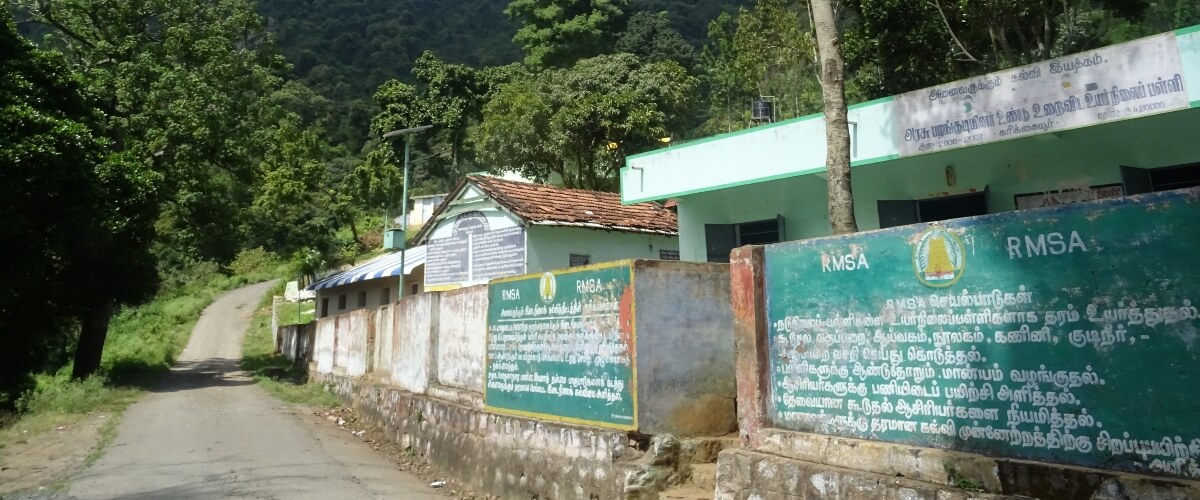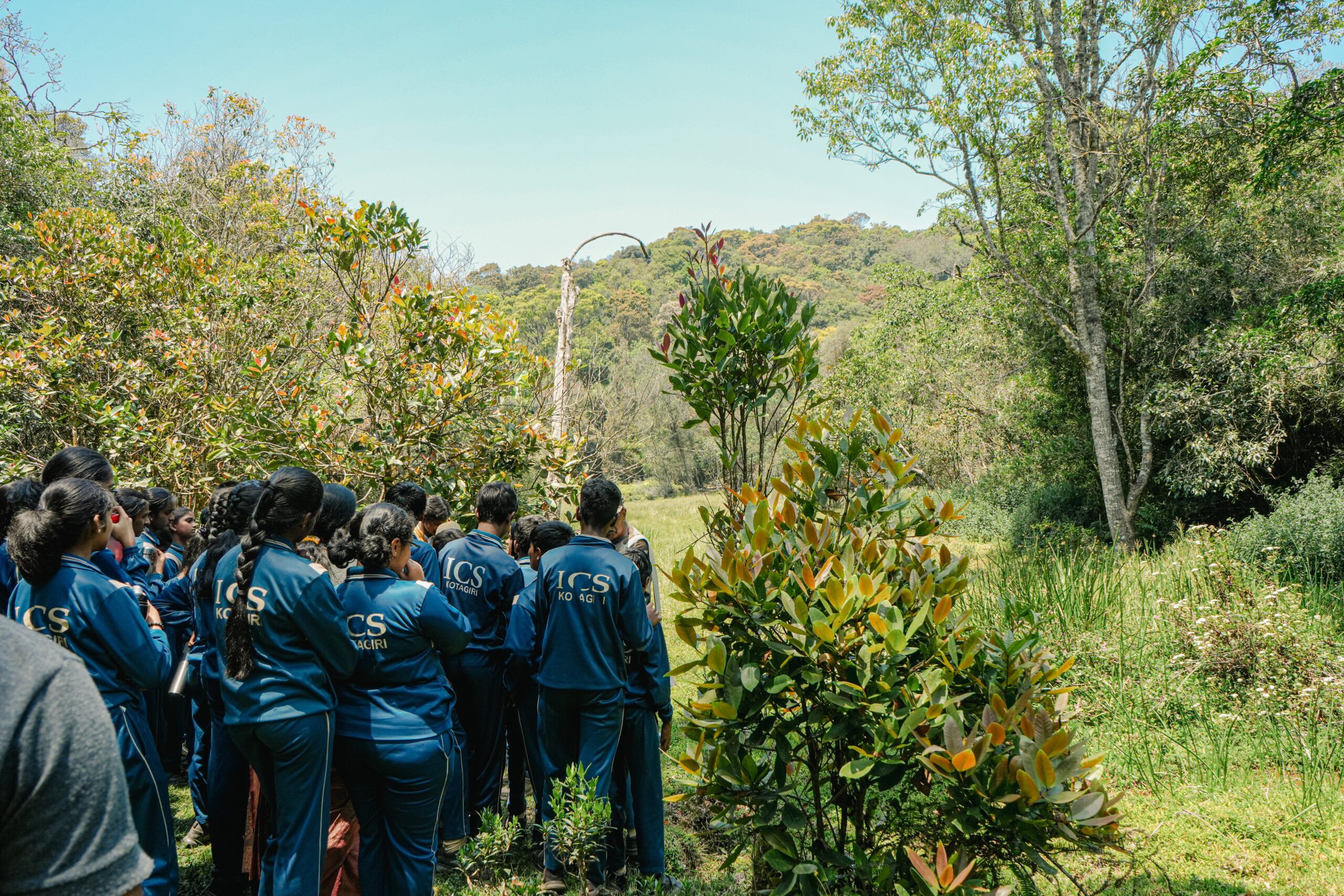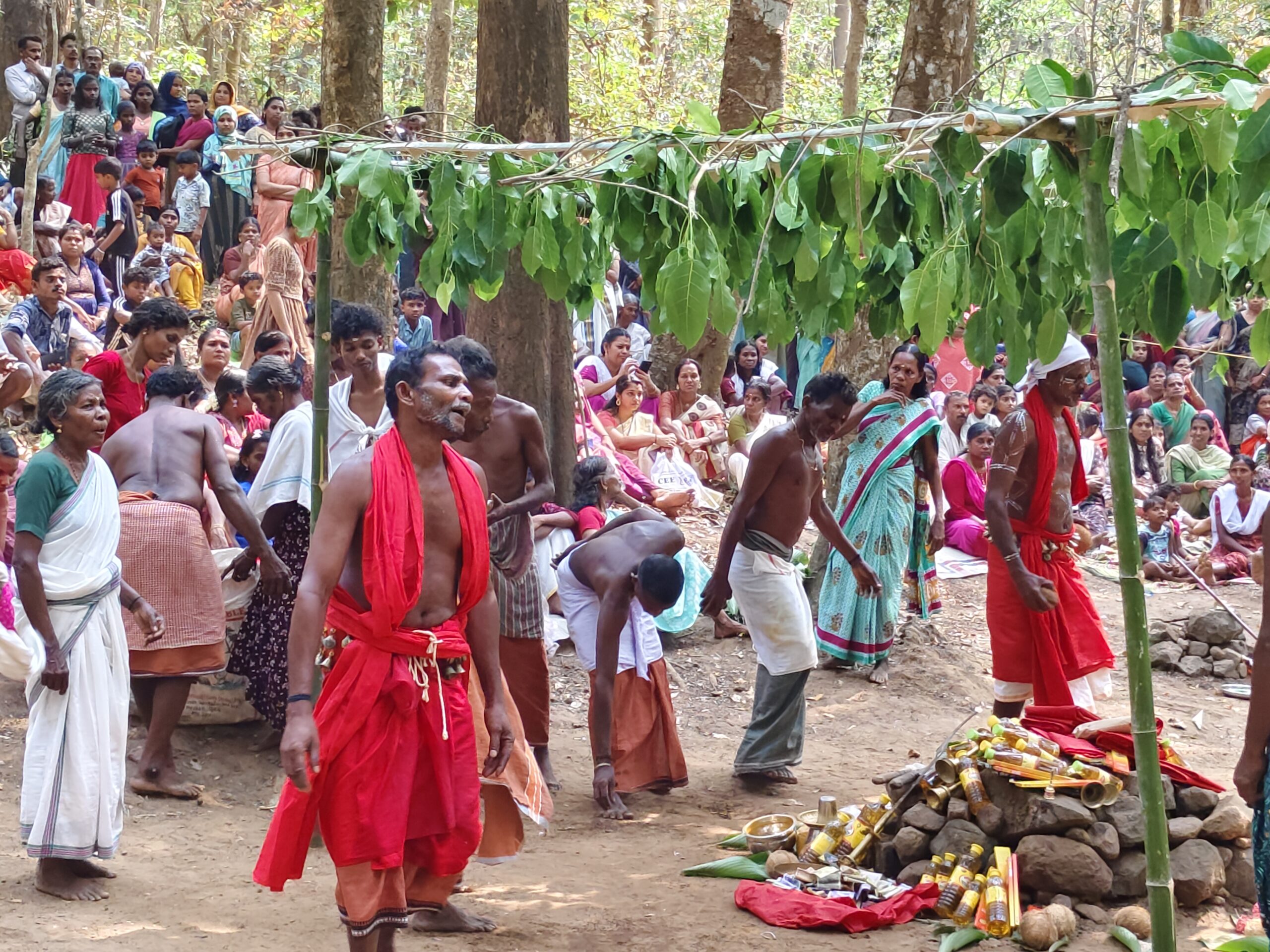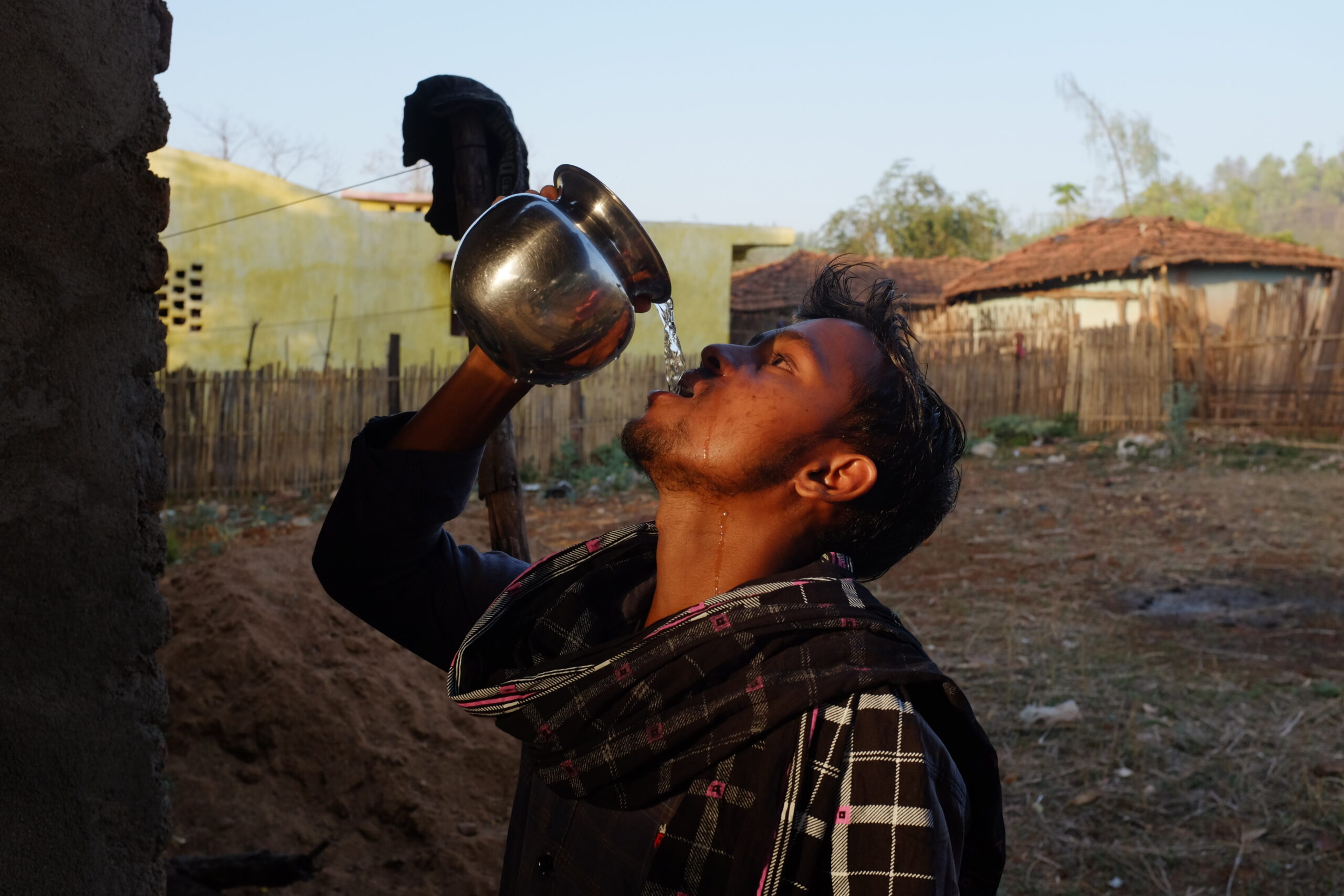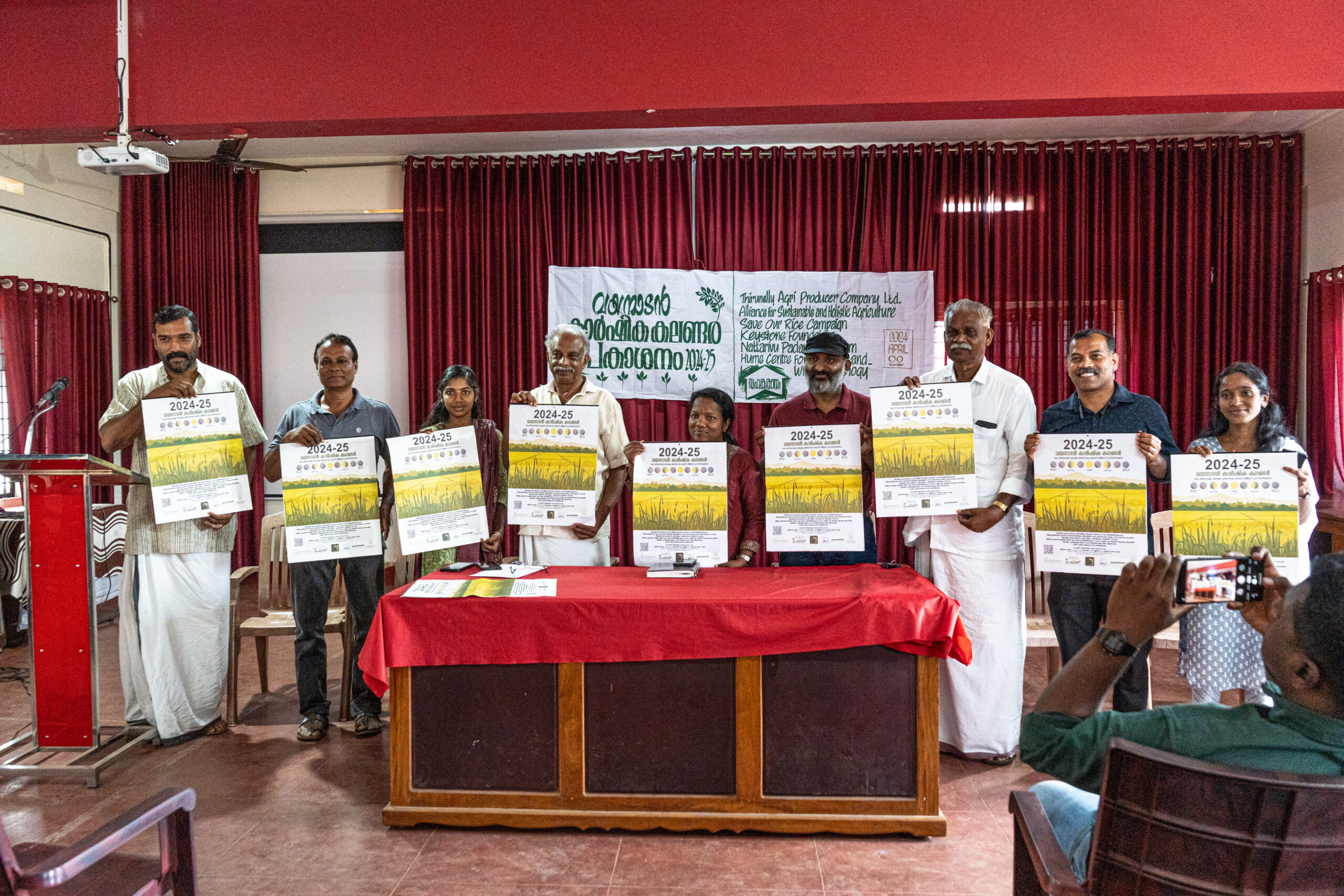Lockdowns, movement restrictions – is life at standstill?
The past month in the Nilgiris and in the tribal communities have been about adjusting and reorienting to these new alterations in living. While the adults in the tribal communities are cut off from their wage-livelihood sources and have taken to farming, wonder what the kids are doing…
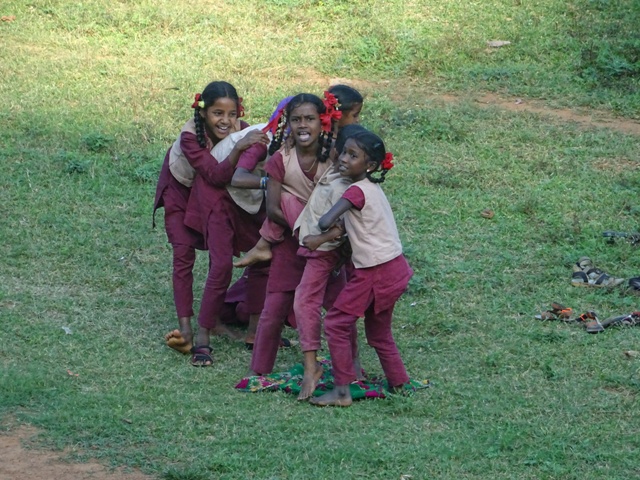
Online schooling is a luxury in these parts of the state due to a lack of access to the internet. The kids who have taken a break from school and have ample time at hand have been spending more time in the forests – playing, gathering food, cooking, and bring in cheer to sore eyes in the villages. This newfound time has also led to re-connection with the lost childhoods of living closer to the forests. Before the pressure of needing to run to catch a bus early in the morning to be in a classroom has been replaced with time to grow roots and connect with the elders and the land. They have been keen participants in the awareness meetings and helping out collect herbs and barks for their daily dose of immunity-building concoctions.
We do wonder if this is what we hear as their vanished childhood when we talk to the elders in the village when they recall their time roaming and living in the forests as a child, crucial for keeping traditional knowledge alive, to foster relationships and building their identity. In the perspective of wellbeing, this link goes missing when time is lost only learning Maths and Physics. Post this scenario we hope the education system is more robust to capture the imagination of an Adivasi kid, have the scope and time to learn from both worlds. Especially in schools located closer to the hamlets.
By Pavitra Vasudevan

